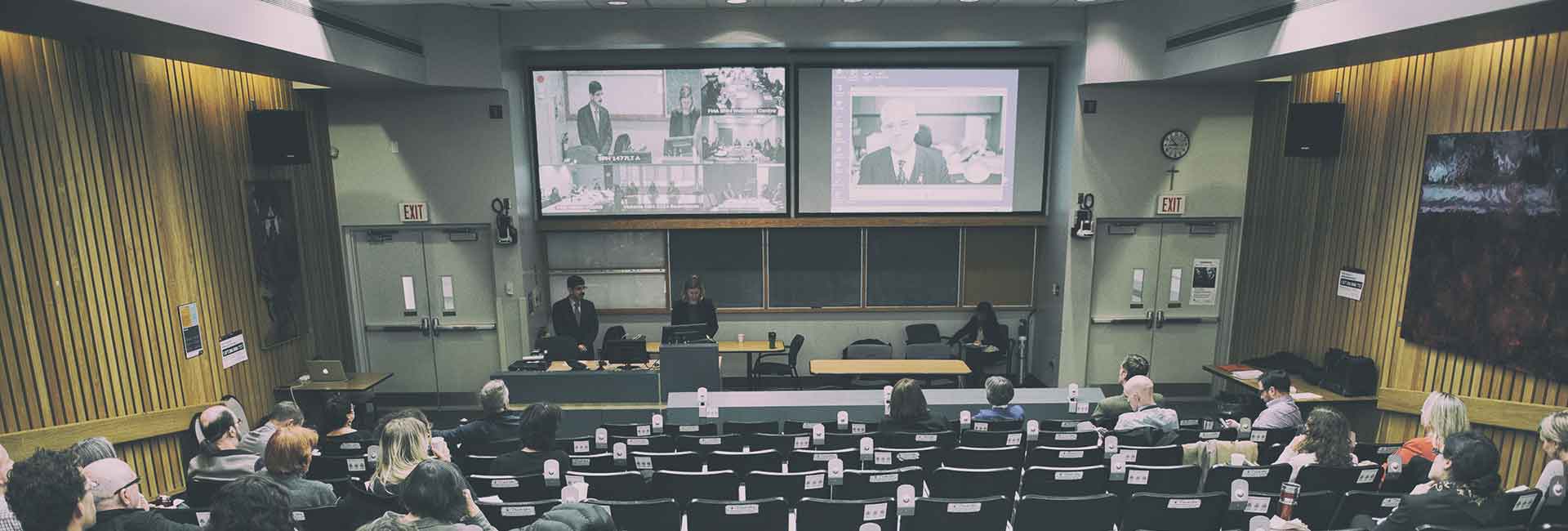Background
Rapid scale-up of effective antiretroviral therapy (ART) is required to meet global targets to eliminate new HIV infections and AIDS-related deaths. Yet, gaps persist in all nations striving for these targets. In the intervention setting of British Columbia (BC), Canada, where ART is publicly funded, 73% of HIV-diagnosed were on ART in 2011, and only 49% were achieving viral suppression.
Methods
An observational case descriptive study of HIV care sites in BC recruited to participate in a 35-month Breakthrough Series Quality Improvement Collaborative and sustainability network. Sites collected four quality indicators, qualitative change descriptions and implemented the chronic care model (CCM) and HIV care and treatment guidelines. Two reviewers assigned monthly implementation scores to evaluate site progress ( January 2011–2012). All quality indicators were pooled and analysed using probability-based run chart rules.
Results
Seventeen teams with a pooled median population of 2296 HIV patients joined the initiative. Comprehensive CCM implementation and evidence of improvement was achieved by
29% of sites (implementation score of 4.0 or higher on 5.0 scale). Evidence of sustained improvement was observed for patient engagement (88.8–90.4%), ART uptake among patients unequivocally in need (92.9–94.8%), and ART uptake (≥6 months) and achieving viral suppression (57.3–78.4%) (all p<0.05).
Conclusions
This study shows evidence of sustained improvements in HIV care processes and treatment outcomes for an estimated population of 2296 HIV patients in 17 BC sites. Overall success points to opportunities for other high-income countries seeking to improve HIV health outcomes.
Access article here: 2015-07-03 BMJ Qual Saf-Clarke-C


